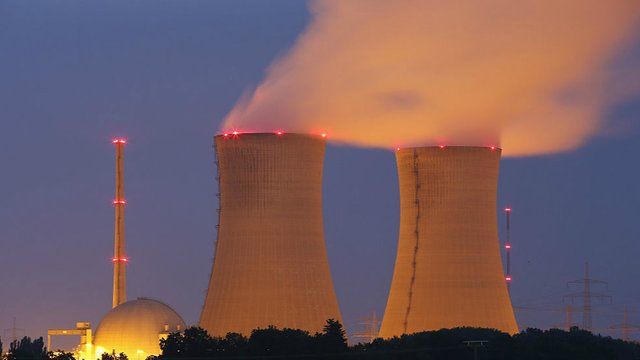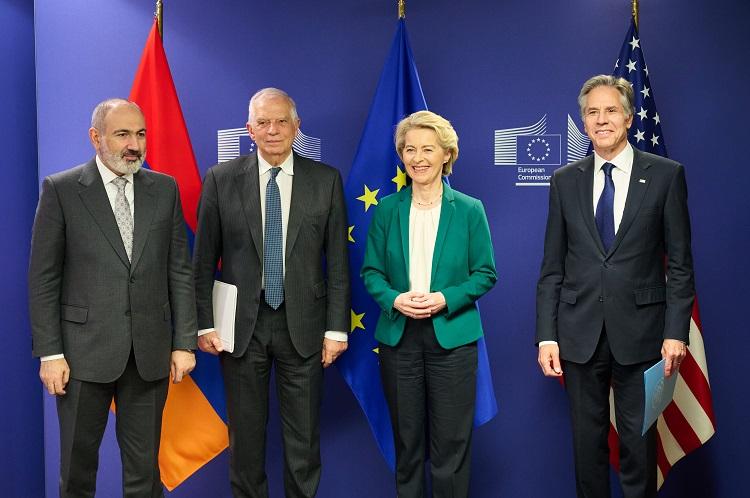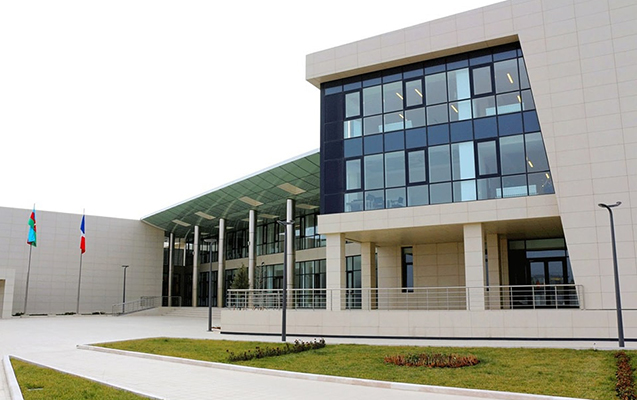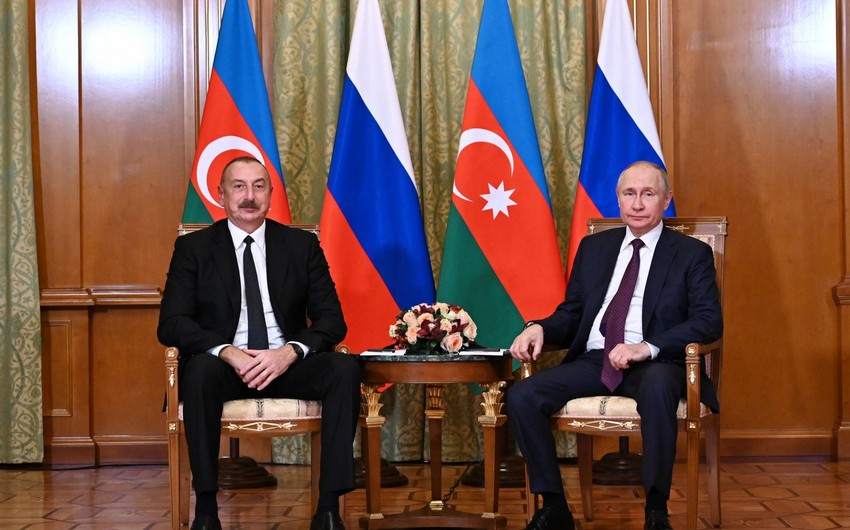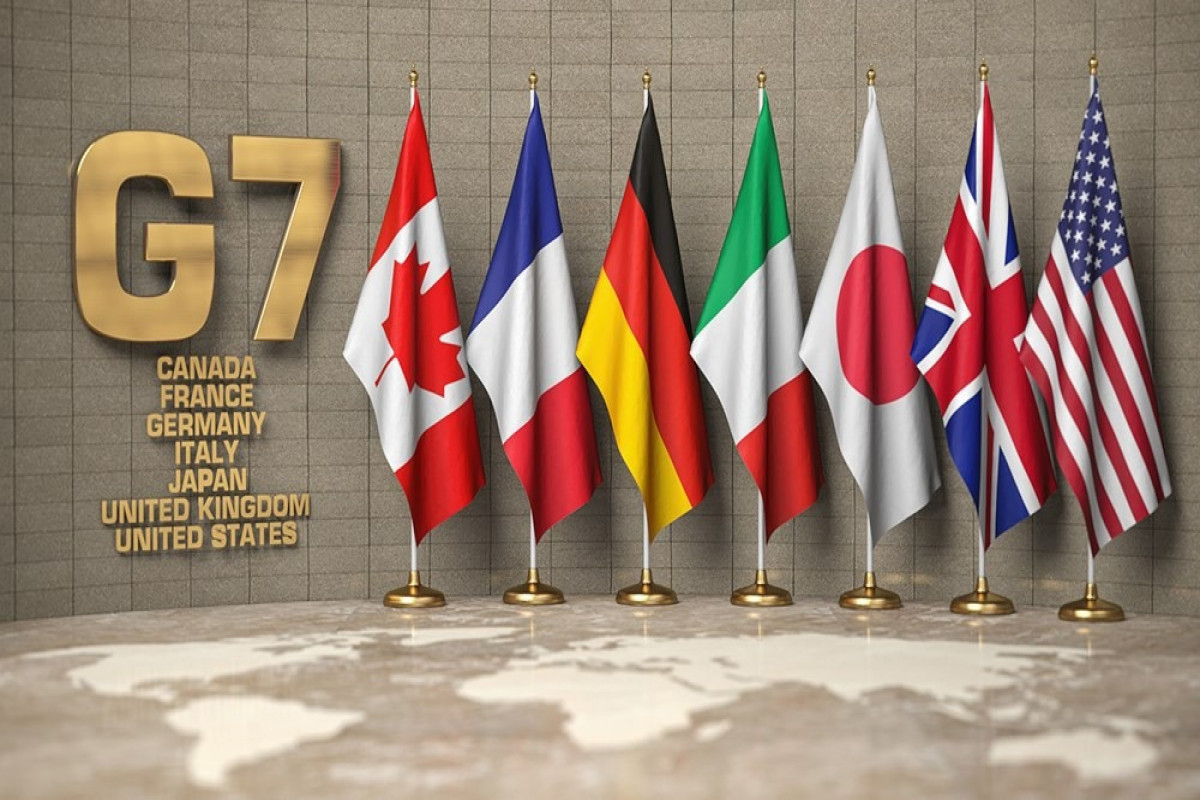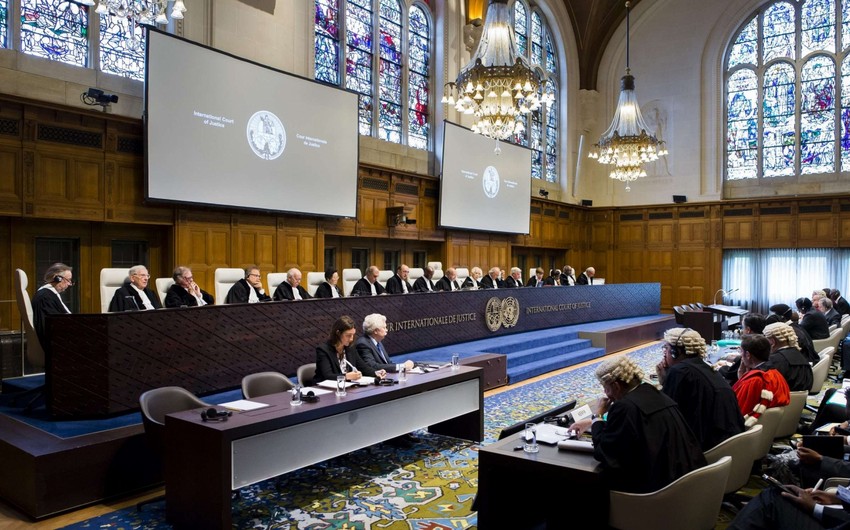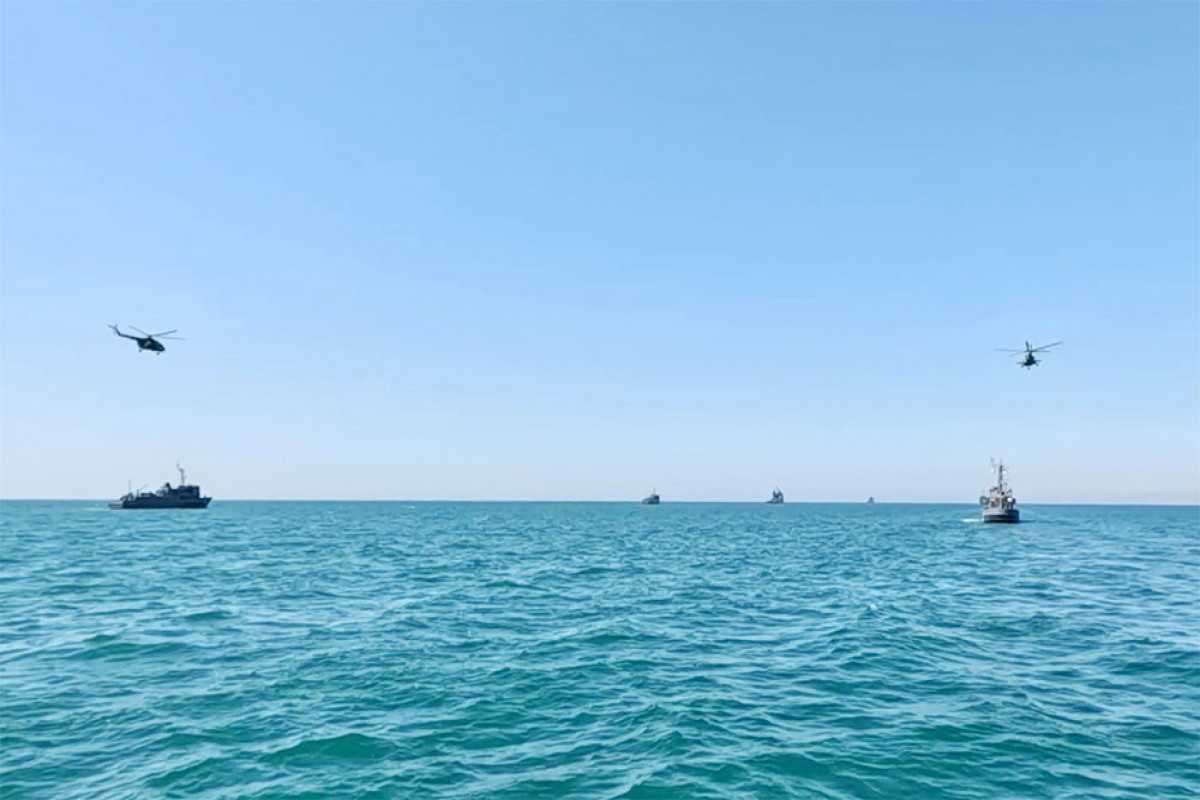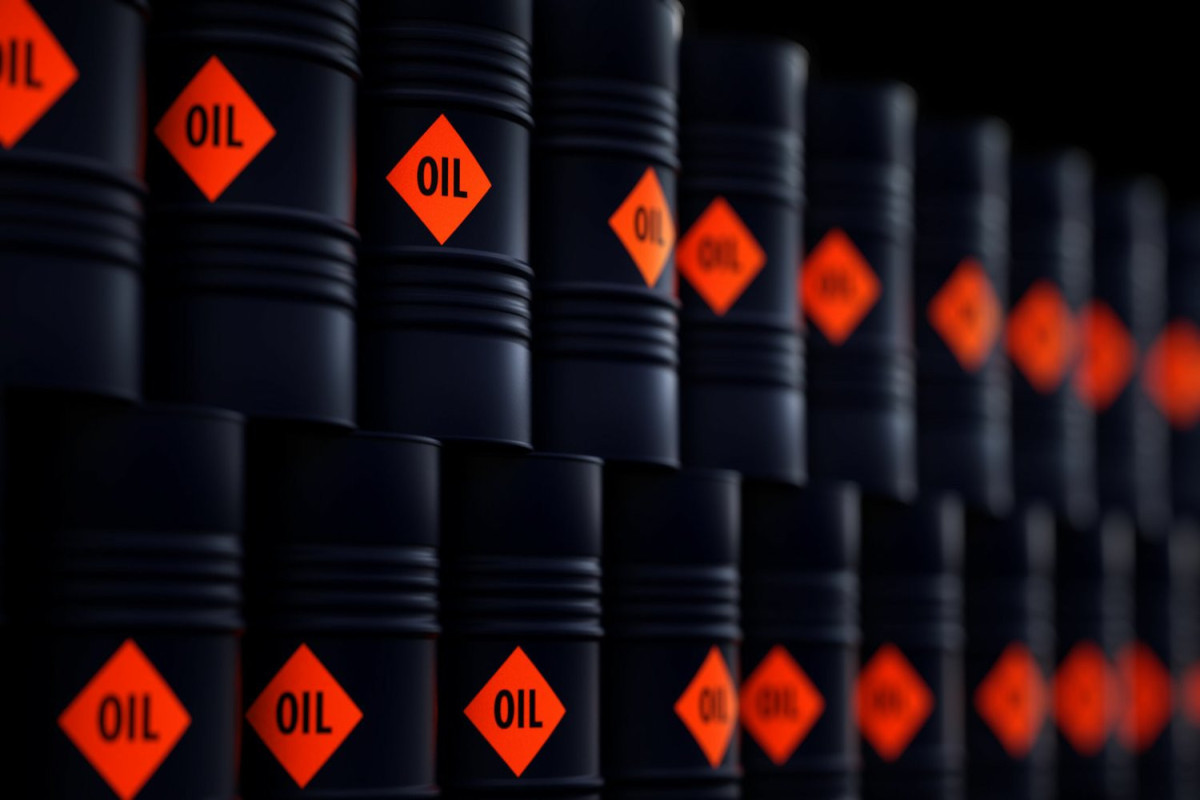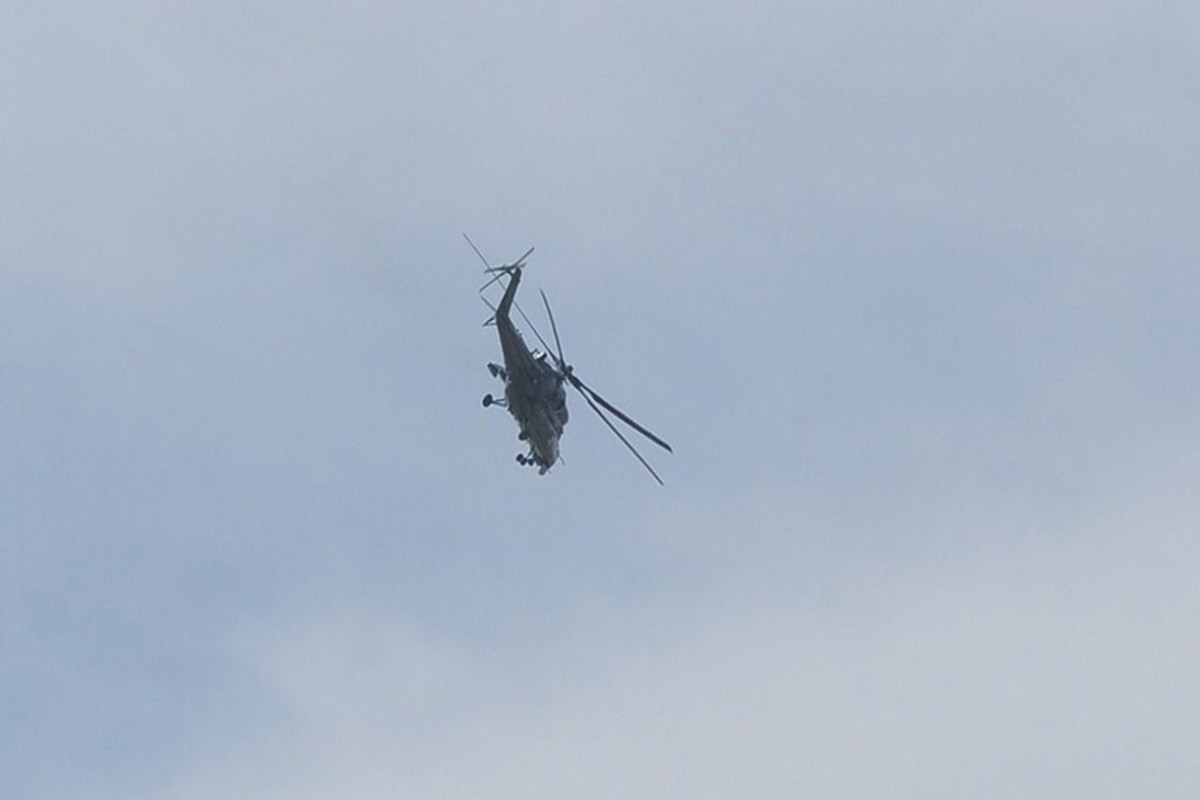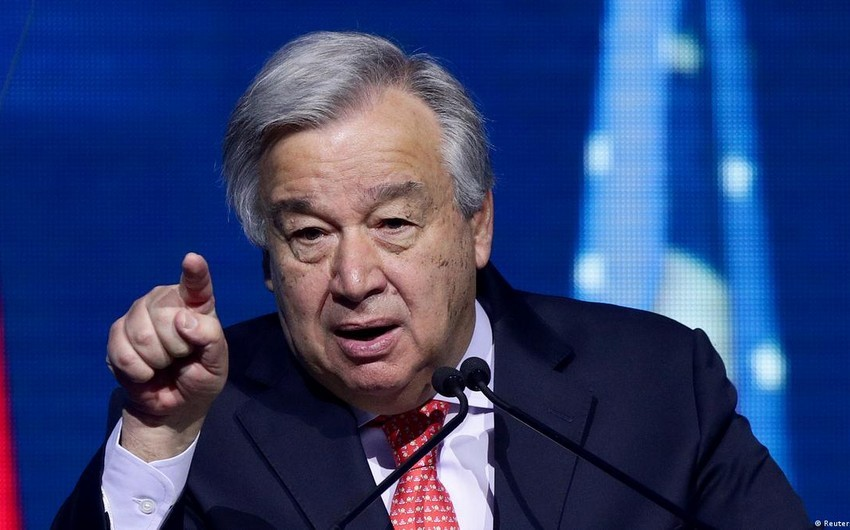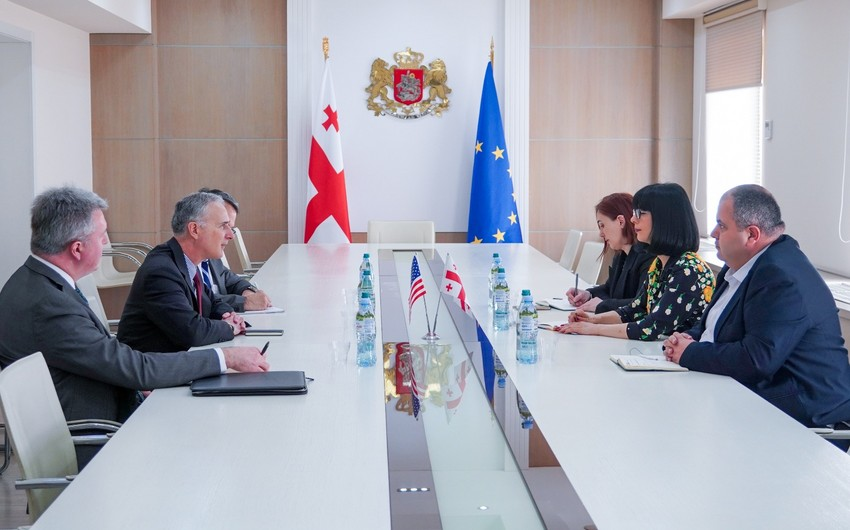The advances by China and Russia in nuclear power are daunting. Both countries are fully engaged in the construction of nuclear plants, loading fuel into reactors, connecting nuclear plants to the grid, developing programs for closing the fuel cycle, conducting research and development on advanced reactors and, in order to sustain these cycles of activity, securing decades-long nuclear construction deals throughout the world.
In a word, “strategic” characterizes China’s and Russia’s approaches to civilian nuclear power.
Meanwhile, the lone nuclear construction project in the U.S., at Plant Vogtle in Burke County, Georgia, remains on schedule to begin loading fuel in October of 2019 even though it was recently announced that construction costs would increase by $1.1 billion.
While it has been suggested that Vogtle may have become "too big to fail", the issue of nuclear power in the U.S. extends beyond this project. The disparity that separates the U.S. from China and Russia is not the international order of nuclear science, engineering and technology envisioned by Presidents Truman and Eisenhower and the early framers of U.S. nuclear policy. Moreover, this disparity in progress is a consequence of a disparity in strategy.
The U.S. civilian nuclear sector is in a battle on multiple fronts to hold what ground it has in America’s energy landscape. Domestically, it’s battling a market that, as currently structured, cannot recognize or value nuclear energy for its zero-carbon baseload reliability or for its intrinsic national security attributes. It’s also battling an energy policy ideology based on the U.S. meeting all energy and economic needs with 100 percent renewable energy — no need for fossil fuels or nuclear.
At the global scale, the U.S. nuclear industry is battling deep-pocket Chinese and Russian state-owned nuclear enterprises that are establishing decades-long nuclear power relationships that align with their respective geopolitical objectives —objectives, which when met, establish new geopolitical contours and at the expense of old ones.
Geopolitical contours aren’t perpetual as the common attributes that define those contours across diverse states and regions are subject to revision as relationships and alliances shift. The U.S. leveraged this geopolitical reality in carrying out the Marshall Plan, which helped establish many of the geopolitical contours in place today.
China is particularly strategic with its Belt and Road Initiative (BRI), the centerpiece of its geopolitical strategy, where “advancing cooperation in the development of nuclear power” is incorporated into the BRI vision. In his 2014 address to the Sixth Ministerial Conference of the China-Arab States Cooperation Forum, President Xi Jinping laid out China’s “1+2+3” comprehensive cooperation strategy explaining that “1” refers to energy cooperation and “3” includes cooperation around advanced nuclear technologies — technologies that President Xi identifies as one of the “breakthrough levers in an effort to raise the level of pragmatic China-Arab cooperation.”
Moreover, in its recent report to Congress, the U.S. Department of Defense noted that China has moved up its plans to deploy floating nuclear power plants in the highly sensitive South China Sea by 2020, thus adding a nuclear element to the territorial disputes.
It’s challenging enough that China and Russia are advancing their civilian nuclear programs and expertise at a faster pace than that of the U.S. What’s more concerning is the extent to which nuclear power is being leveraged as a strategic technology within the overall geopolitical strategies of two authoritarian countries.
While the issue of nuclear construction cost in the U.S. must be resolved, cost alone shouldn’t serve as final notice on the future of U.S. nuclear power. Rather, the U.S. must develop a strategic, forward-thinking vision that includes a viable public-private partnership for advancing the state of nuclear science, engineering and technology in America.
The Vogtle nuclear project represents more than just another power plant project, and nuclear energy represents more than an energy option within the U.S. industrial complex. As such, and in response to the advances of China and Russia, the U.S. must compete in the global nuclear sector with a vision that transcends that of nuclear as just another energy commodity. Nuclear isn’t just another energy commodity — it’s intrinsically different. And so are the consequences of underestimating that difference or ignoring the implications of an international nuclear order without a fully-engaged America that is technically competent and advancing in the nuclear field.
The issue at hand is not so much a question of whether nuclear projects in the U.S. are too big to fail. It’s much larger and more systemic than that. The issue is that nuclear power in America is too strategic to fail. And two of the steps necessary to ensure that it doesn’t fail are the completion of Vogtle and the development of a robust public-private partnership dedicated to developing advanced nuclear technologies and keeping the U.S. competitive on the global civilian nuclear stage.

